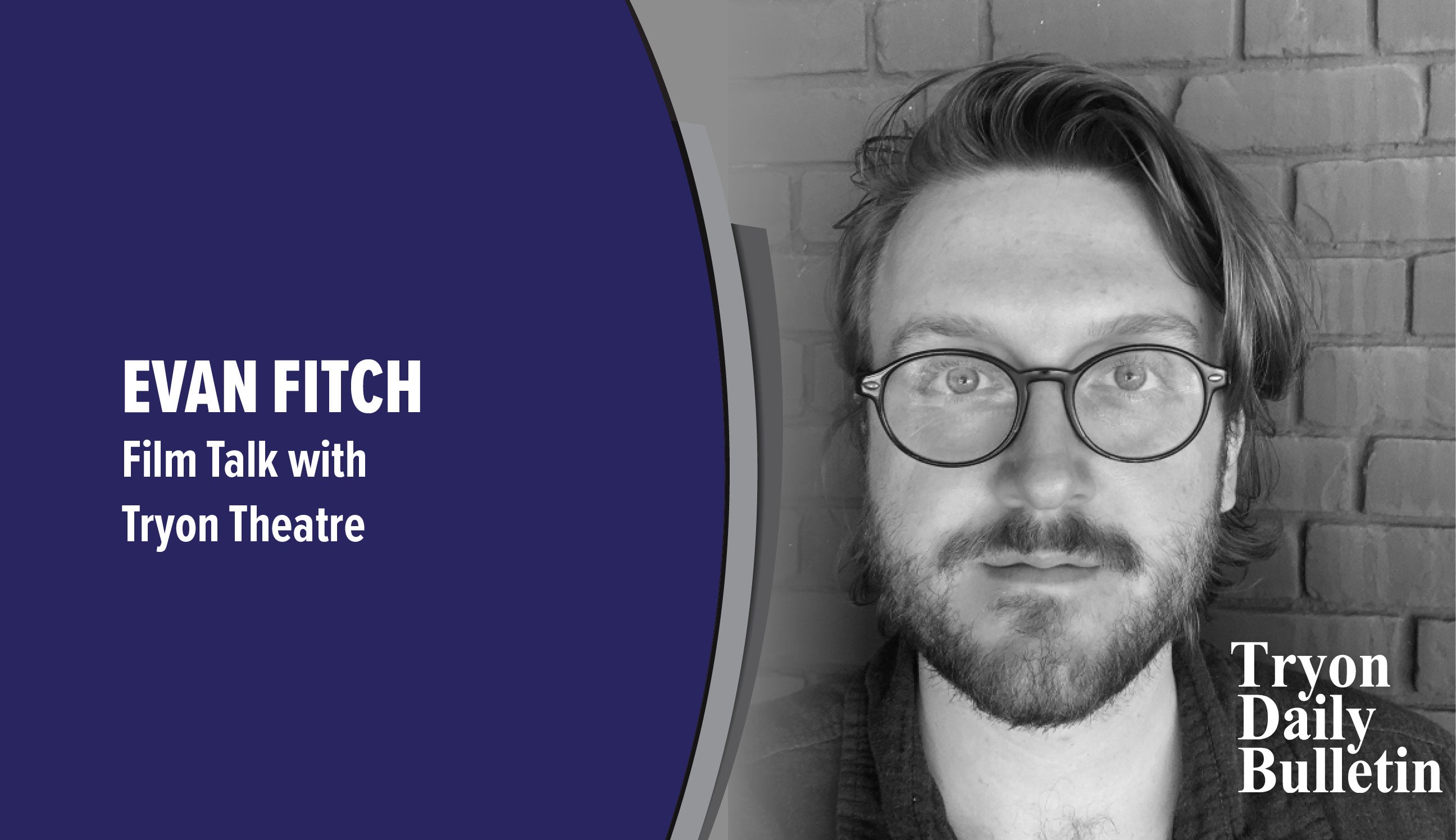Embrace your empathy in “The Whale”
Published 11:06 am Tuesday, January 17, 2023
|
Getting your Trinity Audio player ready...
|
Taking the screen this week at Tryon Theatre is “The Whale,” a film that captures our morbid gaze and our earnest emotion in equal measure. The film premiered to great acclaim at the Cannes Film Festival last year and has received continued praise during its tenure in theaters. “The Whale,” tells the story of a deeply isolated English professor named Charlie, played by the magnificent Brendan Fraser.
Charlie, for personal reasons revealed during the film, has closed himself off from the world, both socially and physically. Charlie is a morbidly obese agoraphobe, each condition informing the other, and each heaping onto his strained and pained emotional state. The film’s narrative follows Charlie as he, in deteriorating health, seeks to reconnect with his estranged teenage daughter. Charlie’s relationships are few and predominantly transactional, and the prospect of healthily sharing his life with others presents near insurmountable struggles and ever-increasing complications.
“The Whale,” is directed by the renowned Darren Aronofsky, whose films have always effectively provoked emotion, from joy and sadness, to hope and fear. Often, in pursuit of this emotional catharsis, Aronofsky’s films involve the depiction of anguish, both of the exterior physical kind and of the interior emotional and psychological register.
In seeking the audience’s emotional resonance with Charlie, “The Whale” portrays no small share of suffering, mostly of the internal nature. Charlie’s struggles with food and simultaneous agoraphobia are debilitating but are ultimately not the explicit source of his pain. Rather, they are symptoms of his damaged internal state, physical extensions of his psychological well-being.
The small cast of the film shines in their respective roles, especially given the limited and difficult scope of the characters. The most notable performance of course is that of Brendan Fraser’s. The humanity of the film rests on his portrayal of Charlie. In the course of the film, we experience Charlie at many moments of his lowest and least kind behavior. It would be easy to lose our own sense of kindness towards Charlie, yet Fraser is able to capture the subtlety of the great pain within Charlie that in turn compels him to cause himself and others such pain.
Fraser has experienced significant personal struggles in his own life, including those with his body, and the empathy those struggles bring to Charlie makes for a fuller and more lived-in emotional form.
“The Whale” will undoubtedly be a difficult watch for many viewers. However, it offers the viewer the catharsis of experiencing an existence that we would never otherwise wish to know, and in doing so a chance for empathy and understanding that we would otherwise never have. Hopefully, you will be willing to risk the tears and turmoil of “The Whale,” and find the beauty and empathy of its emotional journey.



